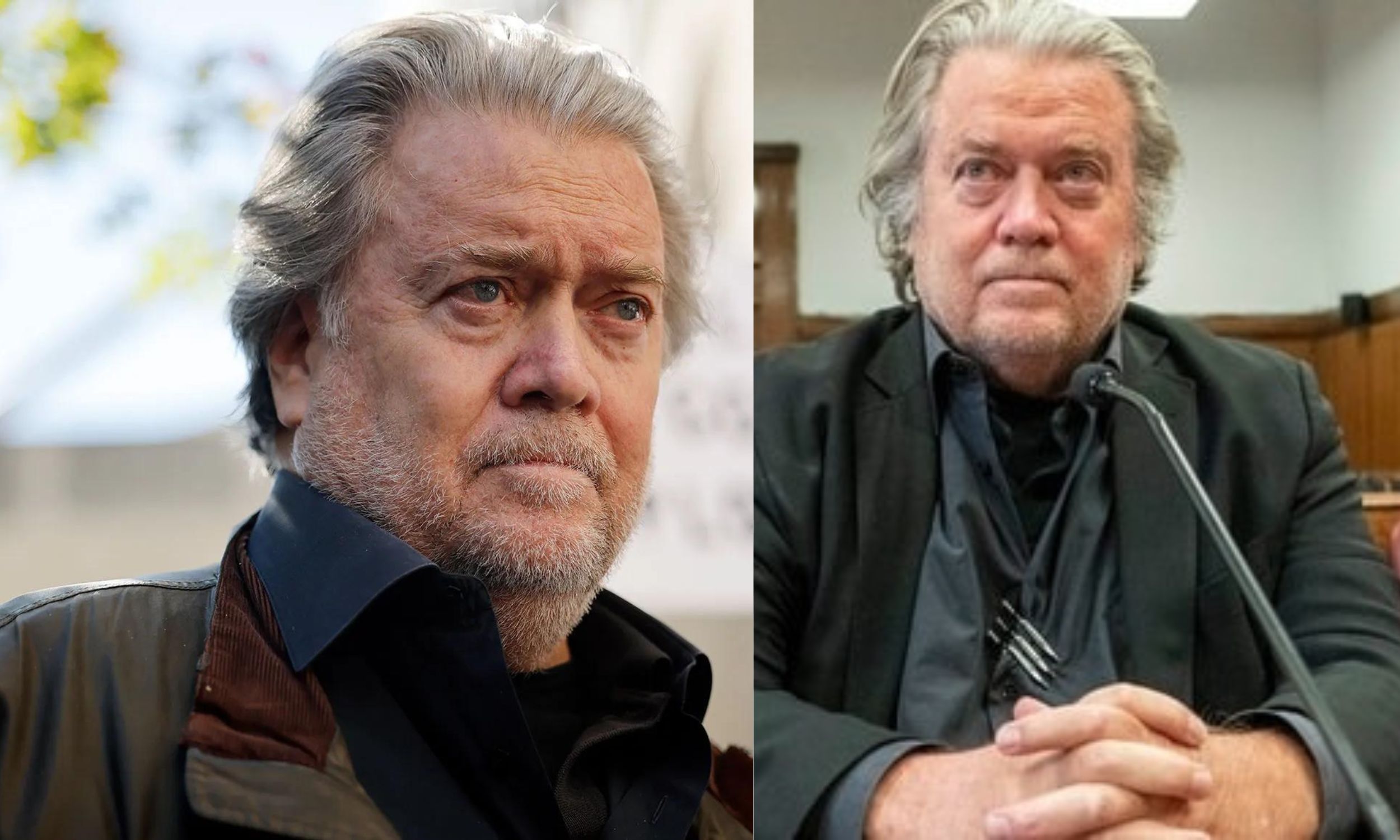The federal appeals court’s decision to uphold Steve Bannon’s contempt-of-Congress conviction marks a remarkable development in Congress’ efforts to secure cooperation in its investigations.
Bannon’s failure to comply with a subpoena from the House January 6 committee led to his conviction, and the DC Circuit’s affirmation strengthens Congress’ ability to compel compliance with subpoenas.
The unanimous rejection of Bannon’s challenges by the appeals court, including his claim regarding the exclusion of evidence in his defense, underscores the legitimacy of the conviction.
Bannon was sentenced to four months in federal prison, a sentence upheld by the appeals court. However, the timing of Bannon’s reporting to prison remains uncertain, as he may appeal the ruling to the full DC-based appeals court or directly to the Supreme Court.

In the ruling, Judge Bradley Garcia supported the trial judge’s exclusion of an advice-of-counsel defense, emphasizing that such a defense did not absolve Bannon of deliberately failing to respond to the subpoena.
The appeals court also dismissed Bannon’s argument regarding the House Select Committee’s formation, noting that Bannon had not raised these objections before the committee and, therefore, forfeited them.
Bannon’s conviction underscores the legal consequences faced by individuals who refuse to cooperate with congressional investigations. Alongside former Trump White House aide Peter Navarro, Bannon is one of two former members of Trump’s inner circle prosecuted for non-compliance with the House January 6 probe.
The committee’s focus on Bannon’s communications with Trump and his podcast remarks preceding the Capitol attack highlights the importance of his role, despite having left the federal government before the events of January 6.


